|
6/30/2015 1 Comment DRT CAN'T COMPEL ATTENDANCE OF DEFENDANT IN A CIVIL DISPUTE - Article Published in SEBI and Corporate Laws Magazine, Taxmann
1 Comment
Yes Bank Case: Bombay High Court Orders Promoters to Jointly Nominate Directors, And Not Individually.
Remarkable style of delivering a judgement where the Hon'ble Judge has taken the pains to mould the judgement in a rather dramatic overture, including a full-fledged "Dramatis Personae" or the characters involved in the play (here, of course referring to the Parties to the suit on each side). The landmark decision in the Yes Bank, delivered by the Hon'ble Justice Patel of the Bombay High Court. This case-report/analysis is based on the aforesaid judgement delivered on June 18, 2015. A rather fair and sensible settlement of disputes has been arrived at, by the Hon'ble Judges of the Bombay High Court, in the Yes Bank Case delivered earlier today (Citation: Madhu Ashok Kapur & Ors. vs. Rana Kapoor). Interesting facts: On one side were the petitioners, including a widow, her two adult children and a group company of Ashok Kapur, the co-founder of Yes Bank, who fell victim to the 26/11 2008 Mumbai Terrorist Attacks, and on the other side were Defendants, Rana Kapoor, his wife, daughter and two group concerns. Interestingly, both Ashok and Rana, who co-founded the Yes Bank married two sisters. The dispute started a few years ago, when after the demise of Ashok Kapur, his surviving family members knocked the doors of the Court alleging that their legal rights in the management of the Bank, were denied. The principle right sought to be asserted by the Plaintiffs was their legal right to nominate 'Directors' on the Board of Yes Bank. The Defendants, especially Rana Kapoor, maintained that the Plaintiff's presence in the functioning of the Yes Bank was neither preferred, nor desirable and that they were considered to be a disturbing influence on the operation of the Bank. The legal arguments of the Defendants surrounded around the ground that legal rights, if any, were limited to the demised Ashok Kapur and not to his legal heirs. The Court took note of the fact that the Bank was almost ring-fenced against the Plaintiffs completely and that their rights were absolutely denied, even though the same rights, were, as a matter of fact, asserted to be invoked by the surviving brother, ie, Rana Kapoor. In 2009, the Board of the Bank met and read out the proposed nomination of Ashok Kapur's wife, Madhu Kapur and his daughter, Shagun Kapur and promptly rejected the same. Interestingly, the Plaintiff's had never proposed Madhu Kapur for directorship of the Bank. The Court took note that this entire episode was the orchestration of Rana Kapoor. While the Court reminded Yes Bank, that being called "a Professional's Bank", it cannot be allowed to be run like a family estate. Consequently, the Plaintiff's and Defendants were allowed to agree to nominate persons who would get a seat on the Board of Directors, the Court, however, cautioned the Plaintiffs that this did not guarantee them entitlement to themselves get a seat on the Company's Board. The aforesaid commentary does not, for the sake of brevity, venture into details of the interim reliefs granted by the Court in favour of the Plaintiffs in this regard. Delep Goswami and Anirrud Goswami |
Author@Delep Goswami, F.C.S., Advocate; Archives
November 2021
Categories |

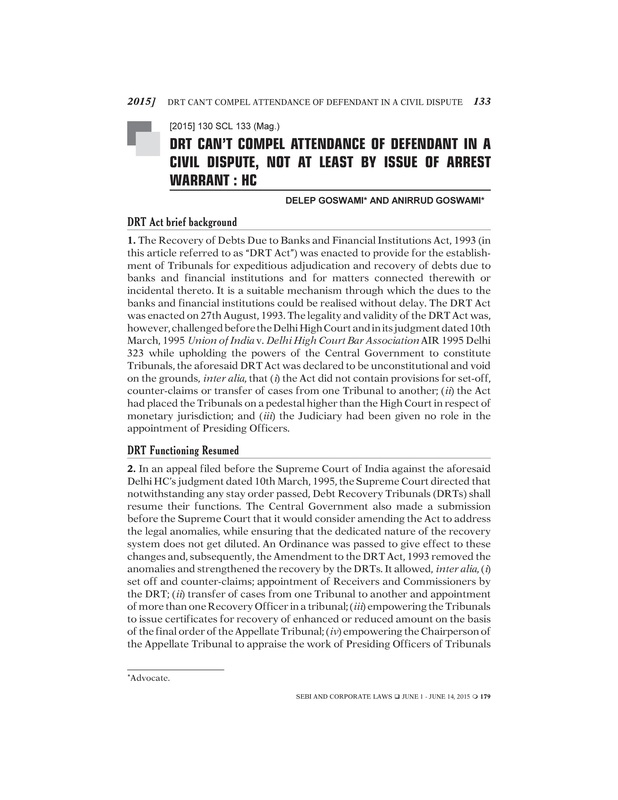
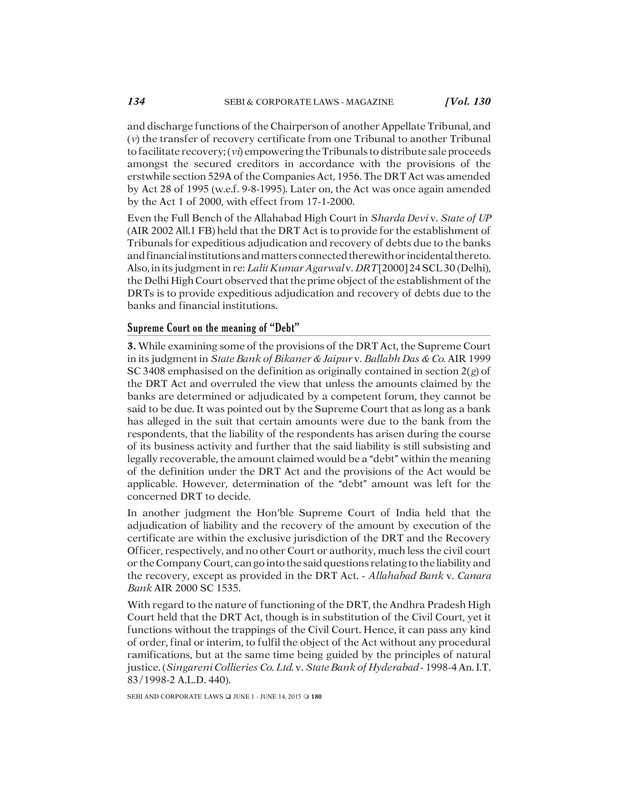
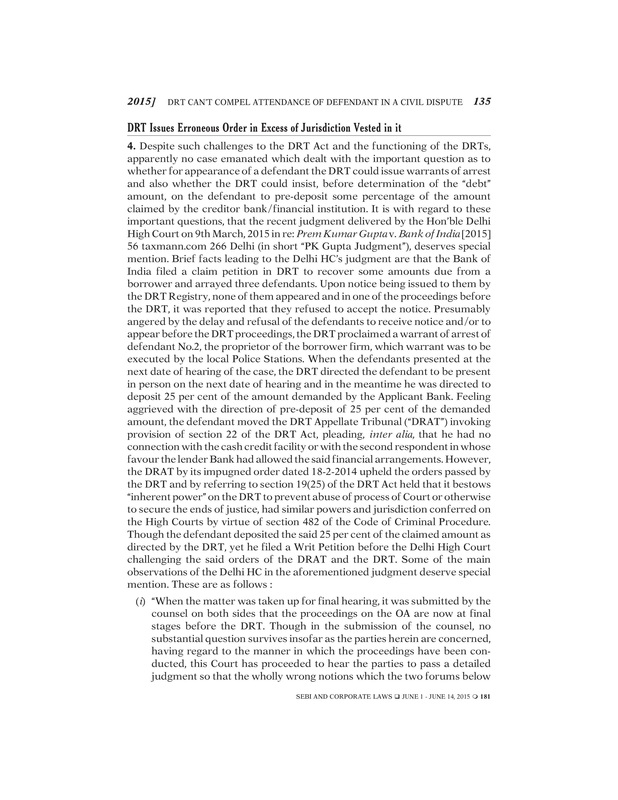
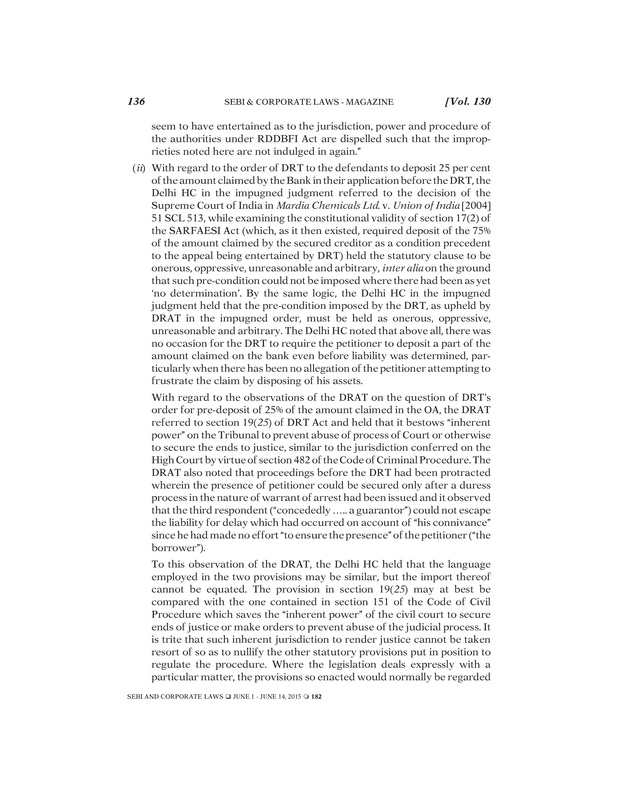
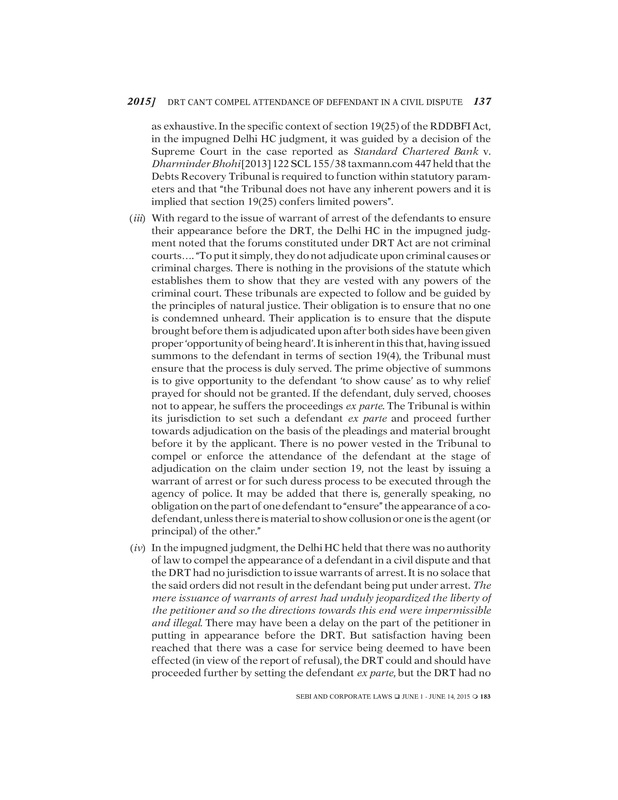
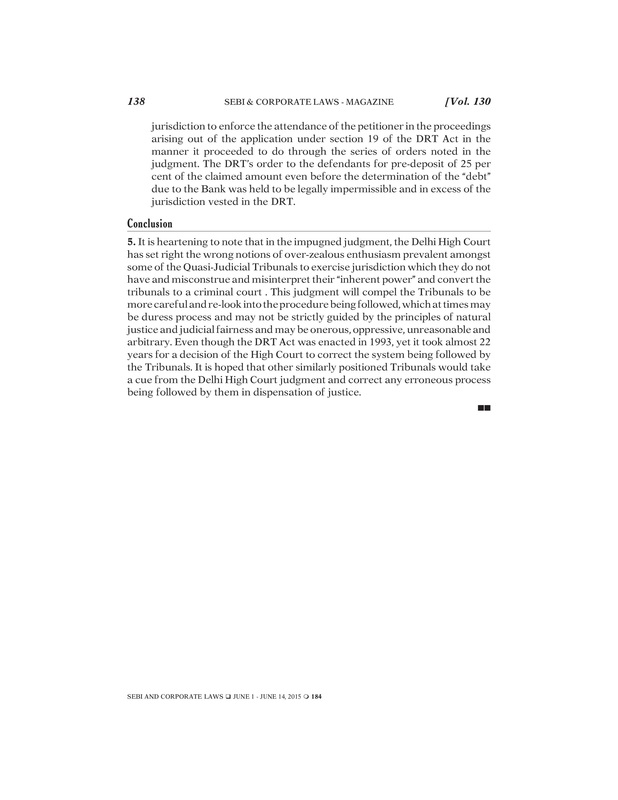
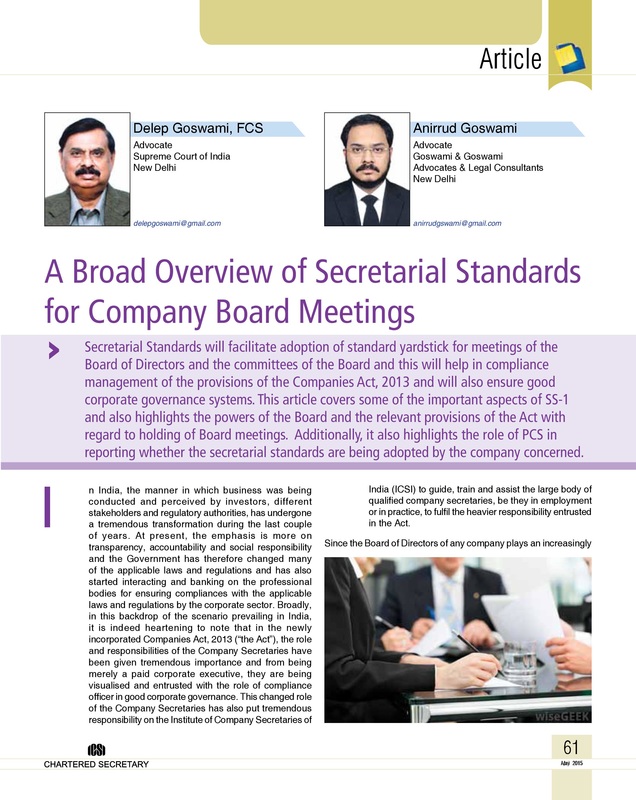
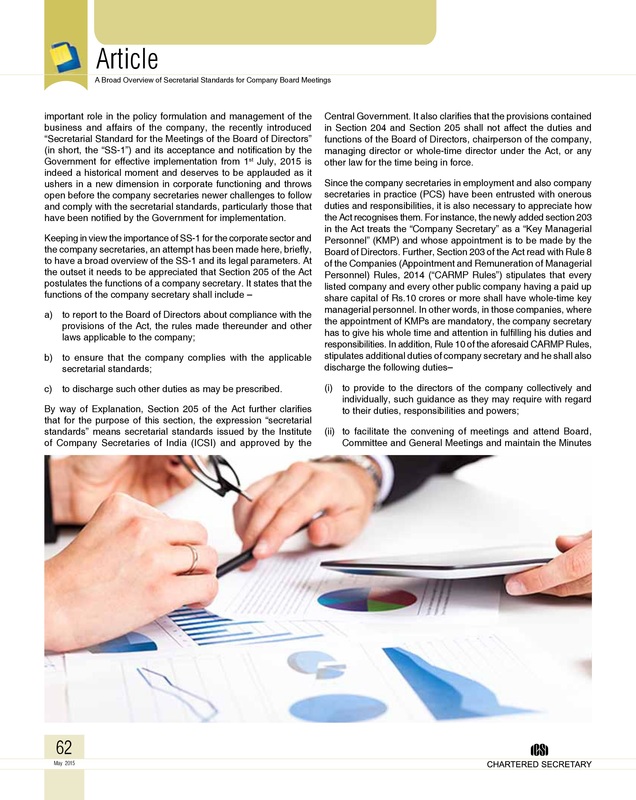
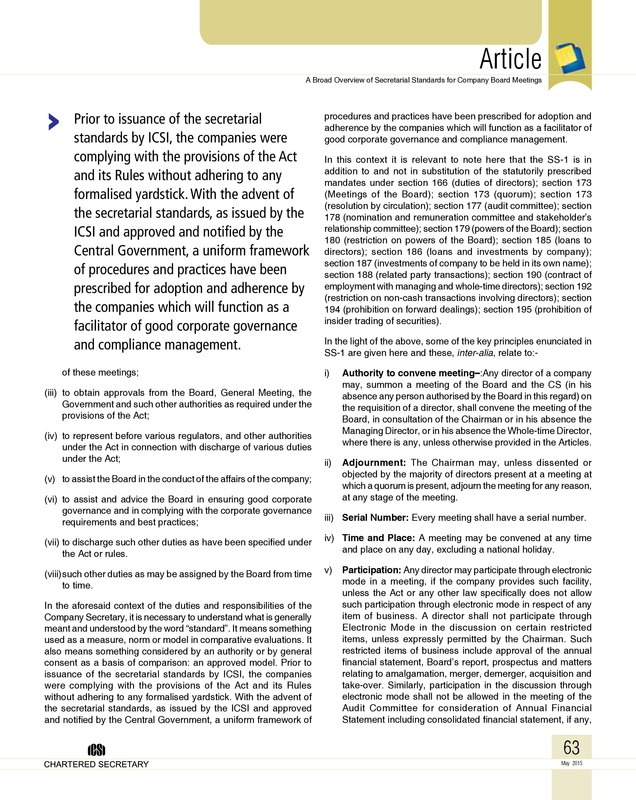
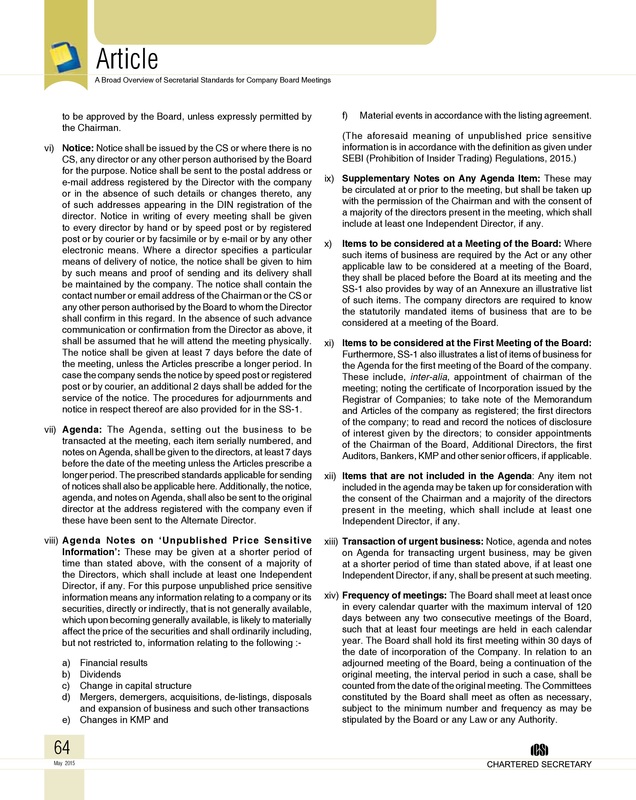
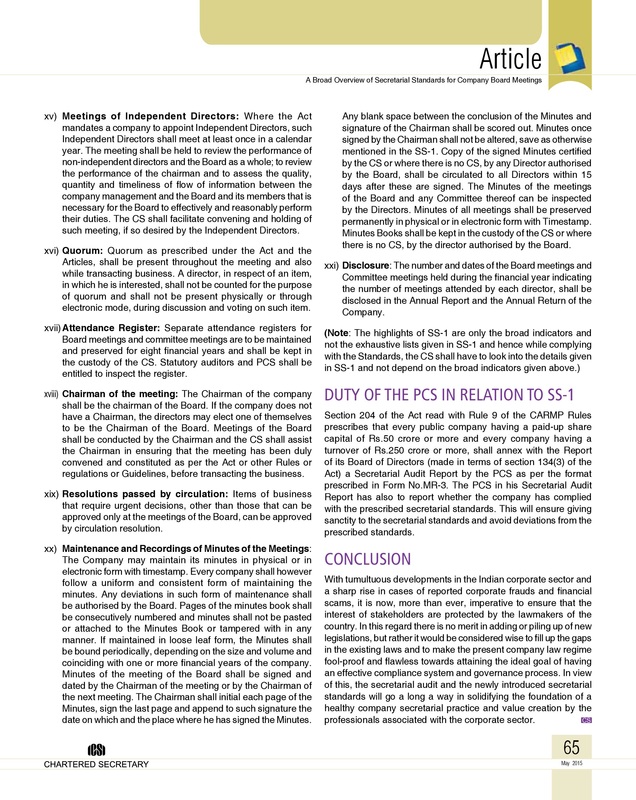
 RSS Feed
RSS Feed
